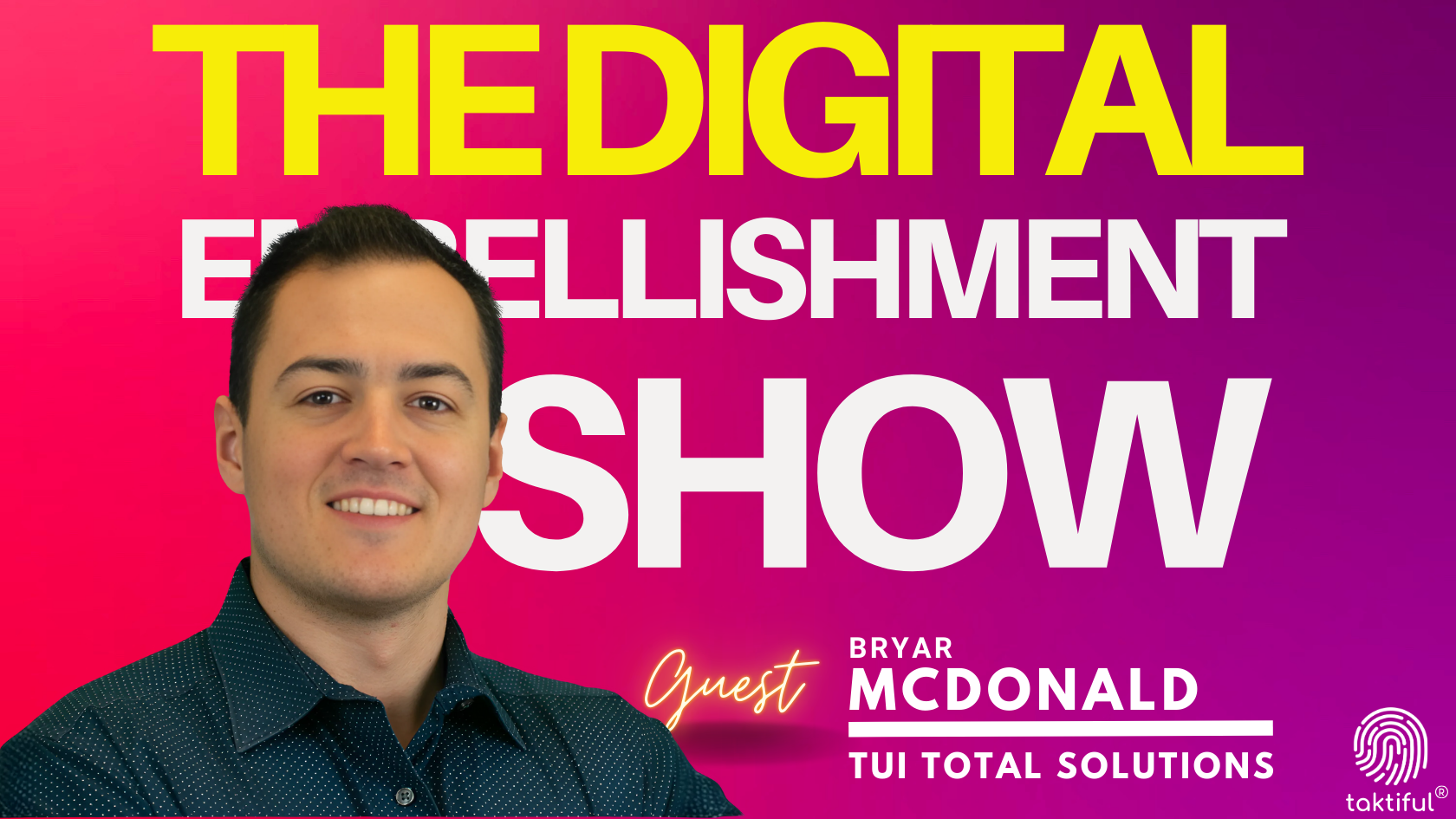Peter Camps, David van Driessche, Thad McIlroy and Ignace De Bock, all of whom were instrumental in the success of Enfocus leading up to its acquisition by Artwork Systems in 2000, have joined together in a new venture they are calling Gradual Software. The company was formed in November 2004, and in early 2005, Gradual acquired Denmark’s CaslonSoft, developer of the workflow automation tool CaslonFlow, which works with all hot folder-based third-party applications and offers a range of built-in tools that can access and configure industry-standard applications such as Adobe’s Acrobat and PhotoShop and Enfocus PitStop Server.
In a press event held during On Demand, McIlroy said, “We started from an analytic point, with an understanding that fundamentally, print is no longer competitive with electronic media. This is an issue that pervades the entire industry and needs to be addressed. In this new world, every publisher must find a way to reduce the cost of print while at the same time striving for media agility.” McIlroy pointed out that while significant progress has been made in the automation of the print production process, it still largely consists of islands of automation that are not unified into a single process. He added, “Gradual is trying to find roads to link those islands of automation. We are not trying to replace the good work that has been done over the last 15 years, which has led to great progress but nothing that informs the whole process.” In that effort, he says, the group will focus on delivering process improvement and publishing automation.
At the briefing, the Gradual team announced the immediate launch of CaslonFlow 5, with added capability and a new ultra-low price tag: $2,499 for the entire suite as compared to over $12,000 fully configured in its previous model. The objective in the new positioning was to simplify the pricing model and allow users to more easily acquire and deploy the solution.
McIlroy was quick to point out that the group is very cognizant of the current standards work underway, although he indicated it was his opinion that JDF was too print-centric. Gradual’s vision encompasses the ability to create smart documents, from project inception through completion, that contain enough information about where they have been and where they are going that they can drive themselves through the process. Indicating that JDF was certainly a part of the future, he also stated that Gradual Software’s work would also incorporate other XML-based standards, both existing and emerging, to extend the process automation to a broader audience, including content originators, content processors such as editors/layout artists, professional publishers and brand owners, as well as service providers.
This is an exciting new venture that will bear watching. Its principals have historically played a significant role in the printing and publishing industry, and are well positioned to so again.














